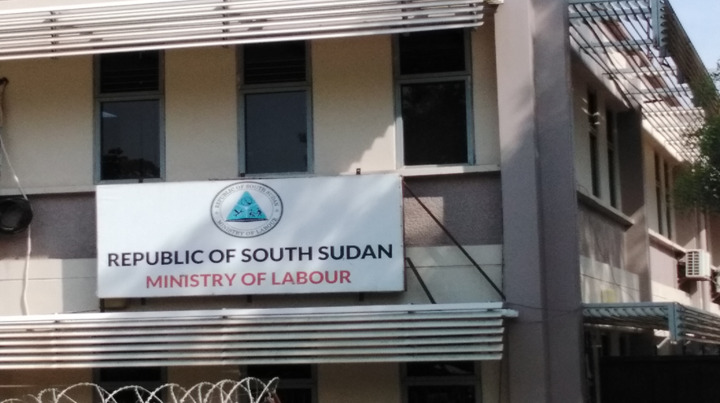About the Ministry
We protect the rights of employees and employers, and encourage collective bargaining, and to curtail certain private sector labour and management practices, which cannot harm the general welfare of workers.
The Ministry of Labour was established in October 2005 following the signing of the Comprehensive Peace Agreement, and in accordance with the Sothern Sudan Interim Constitution, 2005. The Ministry’s mandate is derived from the Transitional Constitution of The Republic of South Sudan 2011, Article 138 and 139, Presidential Decrees of 26th June 2006 and 29th July 2009, and The Public Service Act 2011, Article 8. The Ministry’s mandate (is to establish an inclusive, impartial, responsive, and efficiently regulate the operations of the Private Sector labour market in a manner consistent with national priorities, values, and cost-effective service delivery) is to build and manage the capacity of the RSS Public Service for effective and efficient delivery of services and support, and where necessary regulate the operations of the Private Sector labour market.
The scope of the mandate of the Ministry of Labour covers core labour functions. The Ministry is also responsible for the formulation of labour policies and legislative framework to regulate the private sector labour market; development, management and administration of human resource policies. MoL is responsible for the implementation of uniform norms and standards nationally in accordance with the Labour Act 2017. To fulfil this mandate, the Ministry is guided by a core set of values that are instrumental in determining, guiding and informing the behaviour of private sectors in the delivery of services.
The Ministry plays an advisory and coordinating role on how the functions within its mandate are managed at the State and Local government levels.
Vision
A responsive and effective and efficient labour market.
Mission
To protect the rights of employees and employers, and encourage collective bargaining, and to curtail certain private sector labour and management practices, which cannot harm the general welfare of workers.
Core values
The Ministry’s core values were chosen to represent what the Ministry stands for, what drives it, what it believes in, and what directs its decisions, actions and relationships among the staff and clients/ stakeholders in conducting day-to-day operations. They are seven core values:
|

